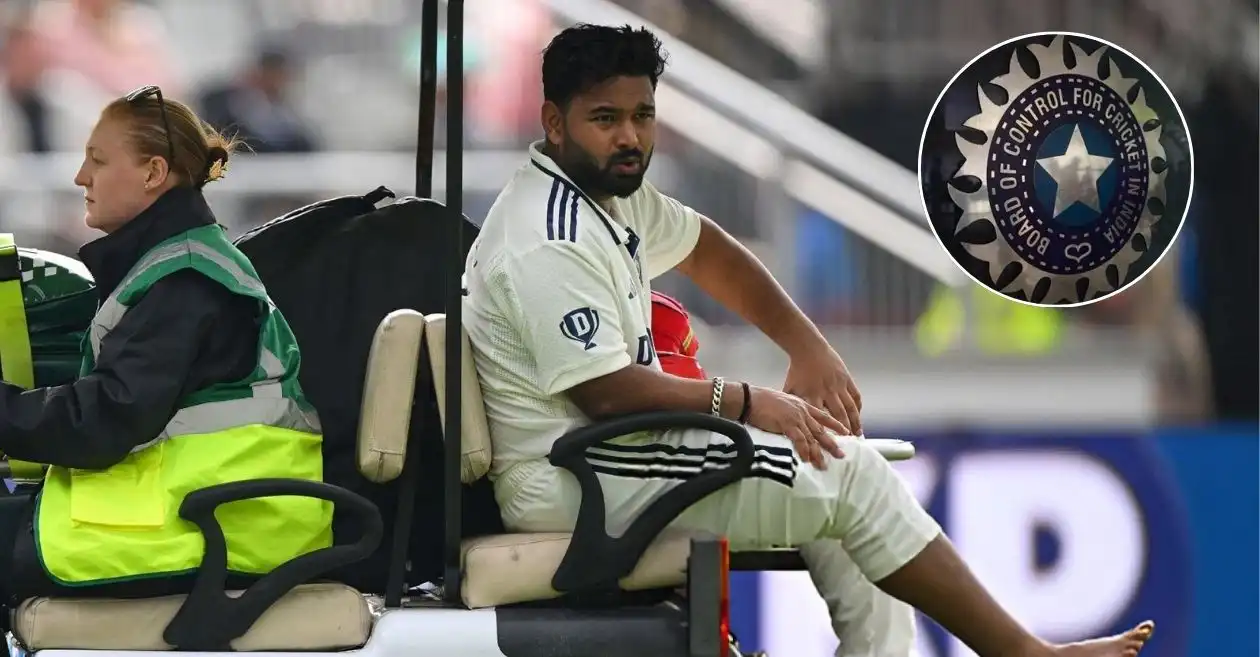Table of Contents
Injuries are part and parcel of cricket, but often they can change the course of a match. Fans witnessed it recently during the high-profile Anderson-Tendulkar series in England, where Rishabh Pant and Chris Woakes battled through pain before being ruled out. Such moments sparked debate across the cricketing world—should players who suffer serious injuries be replaced? The Board of Control for Cricket in India (BCCI) has now taken a big step in this direction by introducing a ‘Serious Injury Replacement’ rule for the upcoming domestic season.
What the new ‘Serious Injury Replacement’ rule says?
According to a report in Cricbuzz, from the 2025-26 season, teams in India’s multi-day domestic tournaments will be allowed to make a like-for-like replacement if a player sustains a serious injury during play within the field of play. The injured cricketer can be substituted only if the injury is significant enough to prevent further participation—examples include fractures or dislocations. The aim is simple: keep the contest competitive without penalising teams for unavoidable injuries.
The inspiration behind the move
This decision finds its roots in recent Test cricket controversies. During the Anderson-Tendulkar series, Pant fractured his foot while Woakes suffered a dislocated shoulder. Both continued briefly despite obvious discomfort, but their teams were left handicapped in critical matches. These incidents prompted growing calls for a system similar to the concussion substitute rule, which has already been a positive change in international cricket.
Other tweaks to the playing conditions
While the injury replacement rule is grabbing headlines, the BCCI has also introduced a couple of smaller changes. Amendments have been made to the deliberate short run rule and to guidelines around a batsman retiring mid-innings. However, it’s clear that the “Serious Injury Replacement” clause will be the talking point of the season.
For now, the rule applies only to India’s domestic tournaments such as the Ranji Trophy. But if successful, it could encourage the International Cricket Council (ICC) to consider its adoption at the global level.
Also READ: ENG vs IND: Abhimanyu Easwaran’s father slams BCCI over son’s prolonged Test debut wait
